Death, indictment and an alternative path
Not too long ago, Glasgow was dubbed the murder capital of Europe by the World Health Organization. Consequently, Scotland’s Violence Reduction Unit (VRU) was set up in 2005 to tackle knife crime in Glasgow. Drawing inspiration from Boston, the VRU viewed gang-related stabbings as a public health concern and proposed a radical method to handle the issue[i]. Thus, in a similar approach to Thailand’s in tackling a potential AIDS pandemic, the VRU is a collaborative, community-driven program between police, health services, social workers and schools with the aim of making Glasgow’s streets safer. Since its inception, the number of recorded homicides in Glasgow declined by 65% and the city was voted as UK’s friendliest city in 2015[ii].
The VRU relied heavily on key individuals to communicate with Glasgow’s youth. Former offenders spoke about their past; senior medical professionals visited schools to share their distressing experiences of knife attack victims; mothers of killed or imprisoned gang members also shared their grievances and pain. Research within the social sciences has commonly found that peoples’ behaviours and attitudes are often influenced by key figures. This phenomenon is often referred to as the Messenger Effect.
The Messenger Effect is based on the notion that people evaluate a piece of information depending on the person communicating it[iii]. Usually, we are more likely to be influenced by a message if the person communicating it is an authority figure, someone who we perceive is similar to us (ex. either demographically, socially or behaviourally), or someone we like[iv]. For example, a study by Karlan & Appel (2011) found that individuals are more likely to borrow money from people similar to themselves. Another study by Webb & Sheeran (2006) showed that health interventions lead by health educators were more successful in changing behaviour than those interventions delivered by teachers. The Messenger Effect also explains why celebrity endorsements are so popular and why “dentists” or “researchers” in white lab coats recommend certain toothpaste brands in TV advertisements (read more from us on the wisdom of debates).
The VRU also relied heavily on a concept known as ‘salience’. We are constantly bombarded with stimuli, and as a coping mechanism, we unconsciously filter most of these stimuli, often paying attention to those we find novel, simple or accessible

[v]
. It is for this reason that the work of ad agencies is so difficult nowadays.
In behavioural economics literature, the term ‘salience’ is used to describe how individuals are more receptive to stimuli that are new, simple or relevant[vi]. The VRU made three things salient to Glasgow’s youth: death, indictment and an alternative path. How? By drawing chalk outlines of bodies and knives in gang-troubled areas, inviting teenagers to Glasgow’s Sheriff Court to attend hearings, and offering former offenders work at restaurants and cafes. These three actions brought possible consequences of the youths’ actions that seemed distant or improbable right in front of their faces.
What about London’s VRU?
Two years after implementing Operation Ceasefire, Boston reduced violent crime by about 50% [vii] . Scotland’s VRU drew inspiration from this city across the pond, with similar positive outcomes. Now that London has formed its own VRU, which closely models Scotland’s initiative, it is yet to be seen whether applying these progressive models would yield the same results, or whether a vastly different approach is necessary.
[i] O’Hare, 2018
[ii] McVie et al., 2018
[iii] Service et al., 2014
[iv] Service et al., 2014
[v]
For more on this speak with us, or have a look at our capabilities
Also, as co-founders and supporters of the London Behavioural Economics Network, join the Meetup group and Facebook group for more details and events
Related Posts
August 13, 2023
Money (but not called that, and how it changes behaviour).
Advertising agencies make a lot of…
August 1, 2023
Reading ease is not as easy as all that – comprehension shows the way
It's easy to make text readable, right?…
July 20, 2023
The ‘Hollywood hello’ – and the importance of context when communicating
When communicating we all like to be as…




